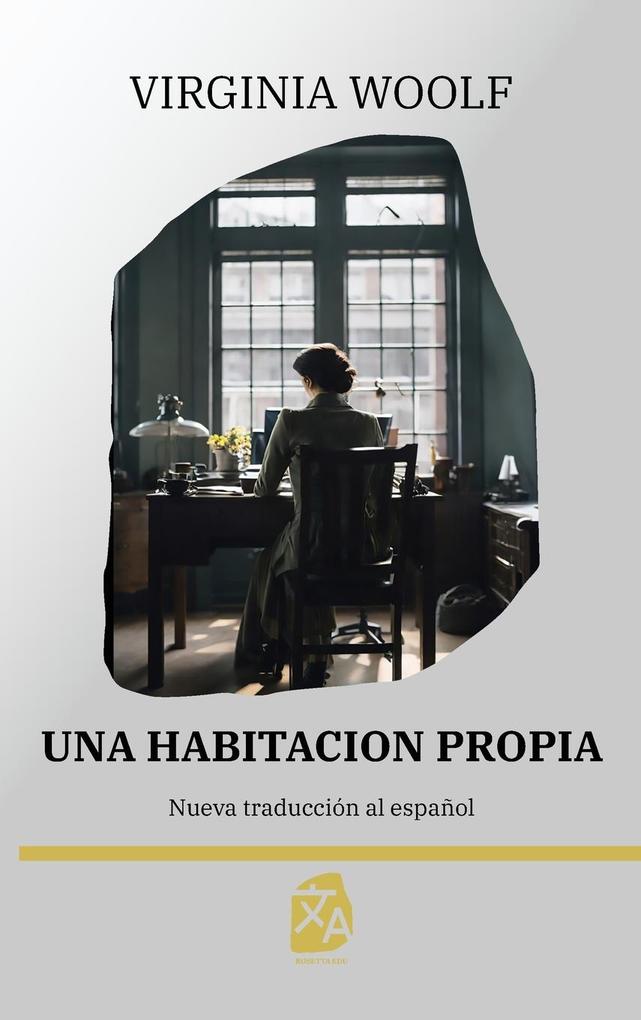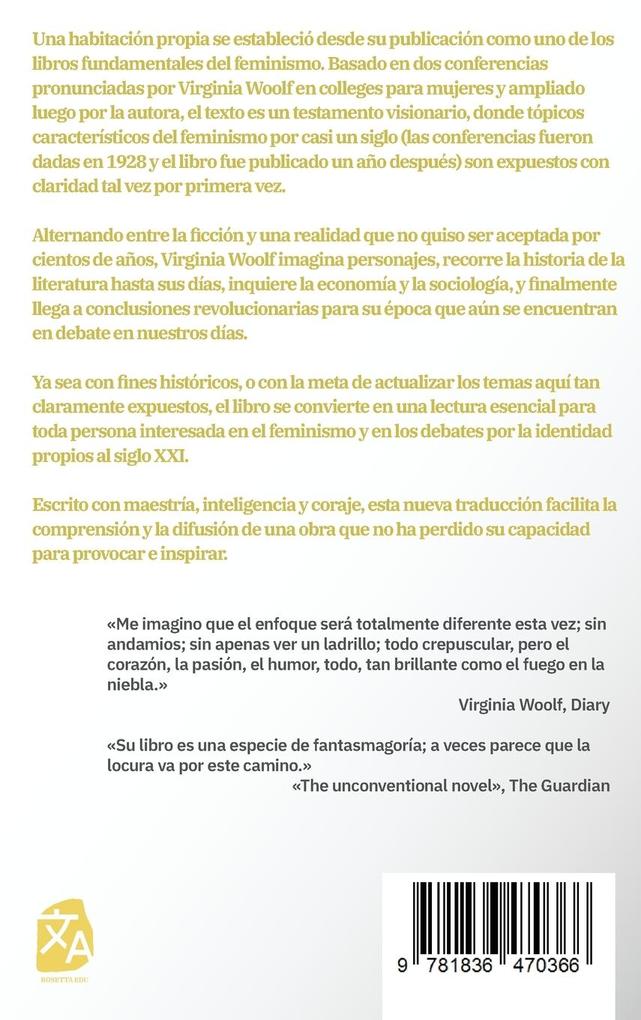Virginia Woolf, born in 1882, emerged as a central figure in 20th-century modernist literature. She was a key member of the Bloomsbury Group, a circle of intellectuals who pushed artistic and cultural boundaries. Woolf's work broke away from traditional narratives, using experimental techniques that profoundly influenced literature. Her novels, like Mrs. Dalloway and To the Lighthouse, introduced stream-of-consciousness storytelling, revealing characters' innermost thoughts and emotions. Through these innovations, she explored themes of identity, time, and society, capturing the complexities of modern life. Woolf's essays, particularly A Room of One's Own, became foundational in feminist discourse. Struggling with mental health throughout her life, Woolf faced multiple episodes of depression and anxiety, which influenced her work's introspective depth. Despite her personal challenges, she remained a prolific writer and publisher through the Hogarth Press, which she co-founded with her husband. Her legacy endures, inspiring generations of writers and readers.













